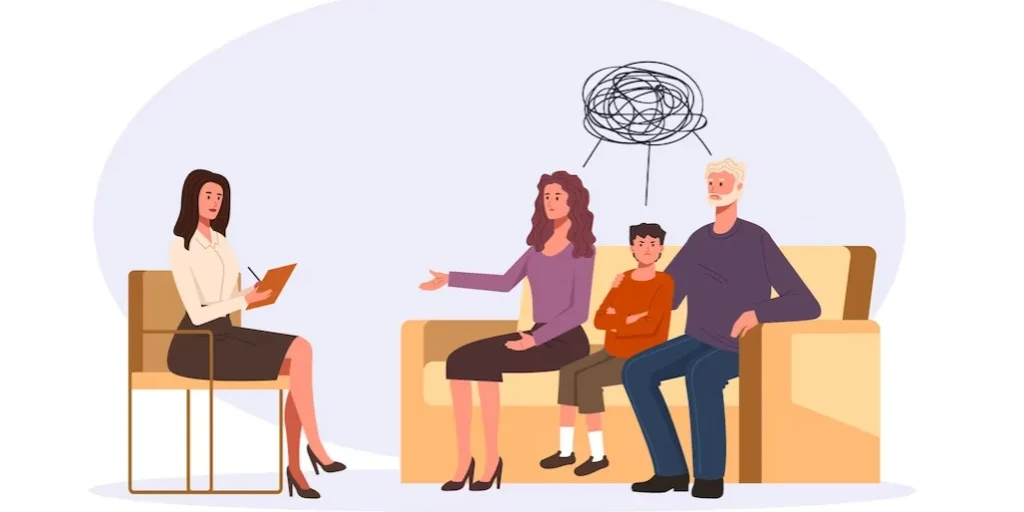24/7 Helpline:
(866) 899-111424/7 Helpline:
(866) 899-1114
Learn more about Schizophrenia Treatment centers in Fruitland
Schizophrenia Treatment in Other Cities

Other Insurance Options

Health Partners

Health Net

MVP Healthcare

Premera

Cigna

BHS | Behavioral Health Systems

MHNNet Behavioral Health

Choice Care Network

American Behavioral

Carleon

Highmark

Kaiser Permanente

Excellus

Anthem

Group Health Incorporated

Coventry Health Care

United Health Care

Access to Recovery (ATR) Voucher

WellPoint

AllWell















